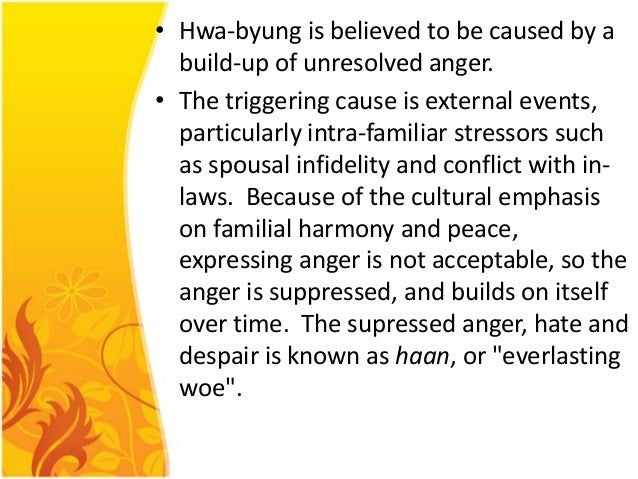In her weekly Column in the Peace Weekly, a religious sister considers the problem of divorce in the twilight years which is now not an uncommon occurrence in Korea.
One day B came to the Sister crying: "My husband had an affair," she said, "my chest is cold and feel I am going to die." As she listened, she wondered was the husband doing what she claimed was the case? She met the husband by accident. He denied the affair and hated his wife so much that he didn't even bother to explain.
They have lived well for over 30 years. A Marriage Encounter couple who participated in many activities and lived an exemplary religious life. So those who knew them hearing about their separation found it hard to believe and the sister also who knew the couple before they were married found the news shocking.
The husband wasn't much of a talker but a family-centered person with a gentle smile and faithful social life. During her encounter with the husband, he was greatly disturbed and blurted out: "Am I a money-making machine? I had to worry about every penny I spent. I wanted to die."
It was obvious that it wasn't just a woman's problem. At the moment, it was sad to think how difficult it was living in a situation with heartache and feelings building up one upon another and couldn't express them. The wife was the family head, living with a passive husband, and now she wants a little life, but the husband's rebellion put a stop to all of her desires and Sister felt sorry for her.
At some point, her husband was bothered by the wife's harsh and rough words, and the wife was annoyed by her husband's coldness, whose cause was unknown. The husband lived without receiving respect and recognition from his wife. She lived desiring a heart to heart encounter with her husband. The wife was busy with heavy housekeeping the husband worked hard to support the family and now they were busy shooting arrows of anger at each other, always the fault of the other.
Sister was frustrated as a friend of both. What he wants from his wife is 'respect', and what she wants from her husband is 'candid conversation'. But they refuse to even talk to each other. They made wedding vows before many guests and God. They loved each other when they got married and sacrificed for each other.
One of the causes of divorce during the twilight years of life is the lack of communication. But communication doesn't mean only the sharing of words. First of all, communication starts with the story of the true self. So these couples should open their hearts to each other. The story of 'I', not 'you'. If one is not able to do this they may need professional help.
Of course, speaking won't change the past. However, my view of the past may change. A small light can light up the gloom and darkness of the past and help one change the tone of the encounter with the other. Another small light and another may appear. Then the past will look different, even if it doesn't change. If the past looks different, the present will be different. If the present changes, tomorrow will change.
It was obvious that it wasn't just a woman's problem. At the moment, it was sad to think how difficult it was living in a situation with heartache and feelings building up one upon another and couldn't express them. The wife was the family head, living with a passive husband, and now she wants a little life, but the husband's rebellion put a stop to all of her desires and Sister felt sorry for her.
At some point, her husband was bothered by the wife's harsh and rough words, and the wife was annoyed by her husband's coldness, whose cause was unknown. The husband lived without receiving respect and recognition from his wife. She lived desiring a heart to heart encounter with her husband. The wife was busy with heavy housekeeping the husband worked hard to support the family and now they were busy shooting arrows of anger at each other, always the fault of the other.
Sister was frustrated as a friend of both. What he wants from his wife is 'respect', and what she wants from her husband is 'candid conversation'. But they refuse to even talk to each other. They made wedding vows before many guests and God. They loved each other when they got married and sacrificed for each other.
One of the causes of divorce during the twilight years of life is the lack of communication. But communication doesn't mean only the sharing of words. First of all, communication starts with the story of the true self. So these couples should open their hearts to each other. The story of 'I', not 'you'. If one is not able to do this they may need professional help.
Of course, speaking won't change the past. However, my view of the past may change. A small light can light up the gloom and darkness of the past and help one change the tone of the encounter with the other. Another small light and another may appear. Then the past will look different, even if it doesn't change. If the past looks different, the present will be different. If the present changes, tomorrow will change.




